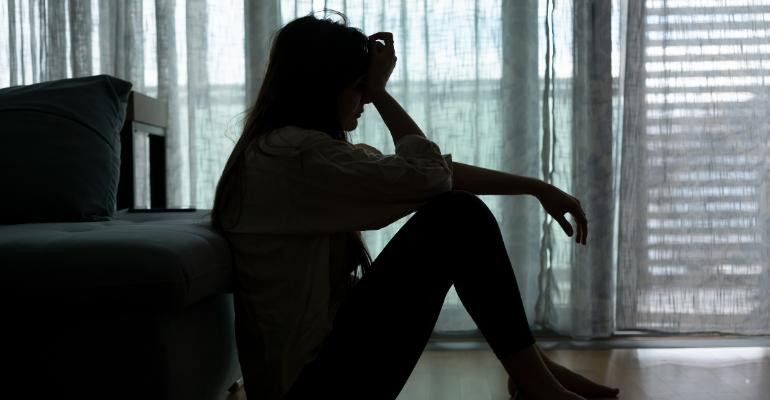Therapy for Depression
Therapy can help you identify depressive thought patterns, shift your responses positively, and manage your symptoms effectively.
FAQ Therapy for Depression
These questions provide a comprehensive overview of therapy for depression, addressing common concerns and highlighting the effectiveness of various therapeutic approaches.
Three common ways to treat depression include psychotherapy (such as cognitive-behavioral therapy or CBT), medication (such as antidepressants), and lifestyle changes (like regular exercise, a healthy diet, and adequate sleep).
Yes, therapy is effective for many individuals dealing with depression. Cognitive-behavioral therapy (CBT), interpersonal therapy (IPT), and other therapeutic approaches have been shown to significantly reduce depressive symptoms and improve overall mental health.
The three types of therapy most effective for treating depression are cognitive-behavioral therapy (CBT), interpersonal therapy (IPT), and psychodynamic therapy. Each of these approaches helps individuals address different aspects of their depression.
New therapies for depression include innovative approaches like transcranial magnetic stimulation (TMS) and ketamine infusion therapy. These treatments are often used for individuals who have not responded to traditional therapies and medications.
The length of therapy for depression varies based on the individual's needs and the severity of their symptoms. Some people may experience significant improvement in a few months, while others may benefit from longer-term therapy over a year or more.
Yes, therapy alone can be effective for treating depression, especially in cases of mild to moderate depression. For severe depression, a combination of therapy and medication may be recommended for the best results.
Signs that someone should seek therapy for depression include persistent feelings of sadness, hopelessness, or emptiness, loss of interest in activities once enjoyed, changes in appetite or sleep patterns, and difficulty concentrating or making decisions. If these symptoms interfere with daily life, seeking professional help is important.
Absolutely. Children and teenagers can benefit significantly from therapy for depression. Therapists use age-appropriate methods to help young individuals understand and manage their feelings, develop coping strategies, and improve their overall emotional well-being.

Opening Hours
-
Tuesday - Wednesday - Thursday
9AM - 9PM
-
Immigration Evaluations
ALWAYS OPEN 24/7









